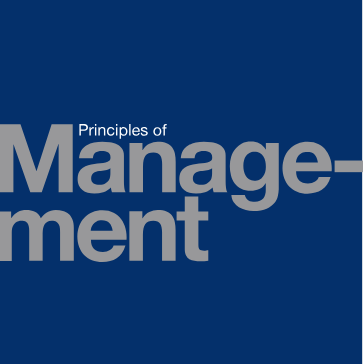
Principles of Management
The comprehensive contents from this book, combined with Odigia’s Teaching and Learning Tools have everything you need to engage, collaborate, track and assess your students.
Helping Teachers Do What They Do Best: Teach

Customize
Use our courses as is or easily customize them to fit your teaching style and the needs of your students. You can add your favorite resources, hide and show our existing content and pre-built assessments, or make them your own. Everything your students need, in one place!

Engage and Collaborate
Odigia combines learning materials, discussions, and tools to create a familiar social experience for students allowing you to easily connect and redirect students attention.

Track
See how much time students are spending on different areas of the course, which areas are creating the most amount of engagement and identify topics the students are struggling with. Flag and provide feedback on assignments to proactively meet individual students' needs.

Assess
Game theory allows students to monitor their progress visually and motivates them to stay on track. Students can see exactly what activities they need to complete, which ones have been flagged and compare their progress against the overall class.
Principles of Management Course Outline
Managing and Performing
Managerial Decision-Making
The History of Management
External and Internal Organizational Environments and Corporate Culture
Ethics, Corporate Responsibility, and Sustainability
International Management
Entrepreneurship
Strategic Analysis: Understanding a Firm’s Competitive Environment
The Strategic Management Process: Achieving and Sustaining Competitive Advantage
Organizational Structure and Change
Human Resource Management
Diversity in Organizations
Leadership
Work Motivation for Performance
Managing Teams
Managerial Communication
Organizational Planning and Controlling
Management of Technology and Innovation
About the authors:
Senior Contributing Authors
David S. Bright, Wright State University
Anastasia H. Cortes, Virginia Tech University
Eva Hartmann, University of Richmond
K. Praveen Parboteeah, University of Wisconsin-Whitewater
Jon L. Pierce, University of Minnesota-Duluth
Monique Reece
Amit Shah, Frostburg State University
Siri Terjesen, American University
Joseph Weiss, Bentley University
Margaret A. White, Oklahoma State University
Donald G. Gardner, University of Colorado-Colorado Springs
Jason Lambert, Texas Woman’s University
Laura M. Leduc, James Madison University
Joy Leopold, Webster University
Jeffrey Muldoon, Emporia State University
James S. O’Rourke, University of Notre Dame


